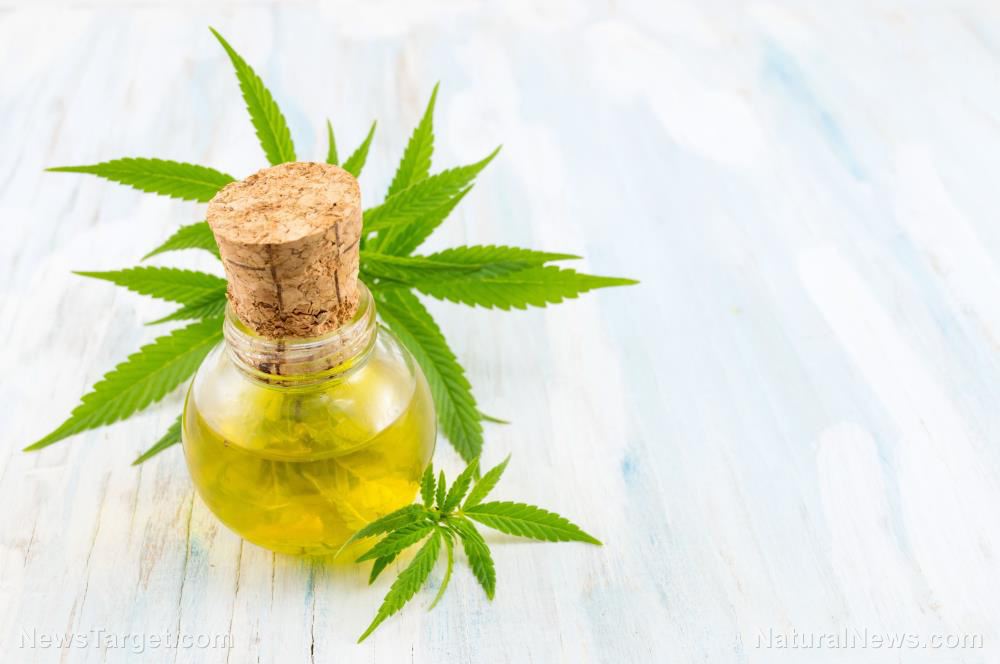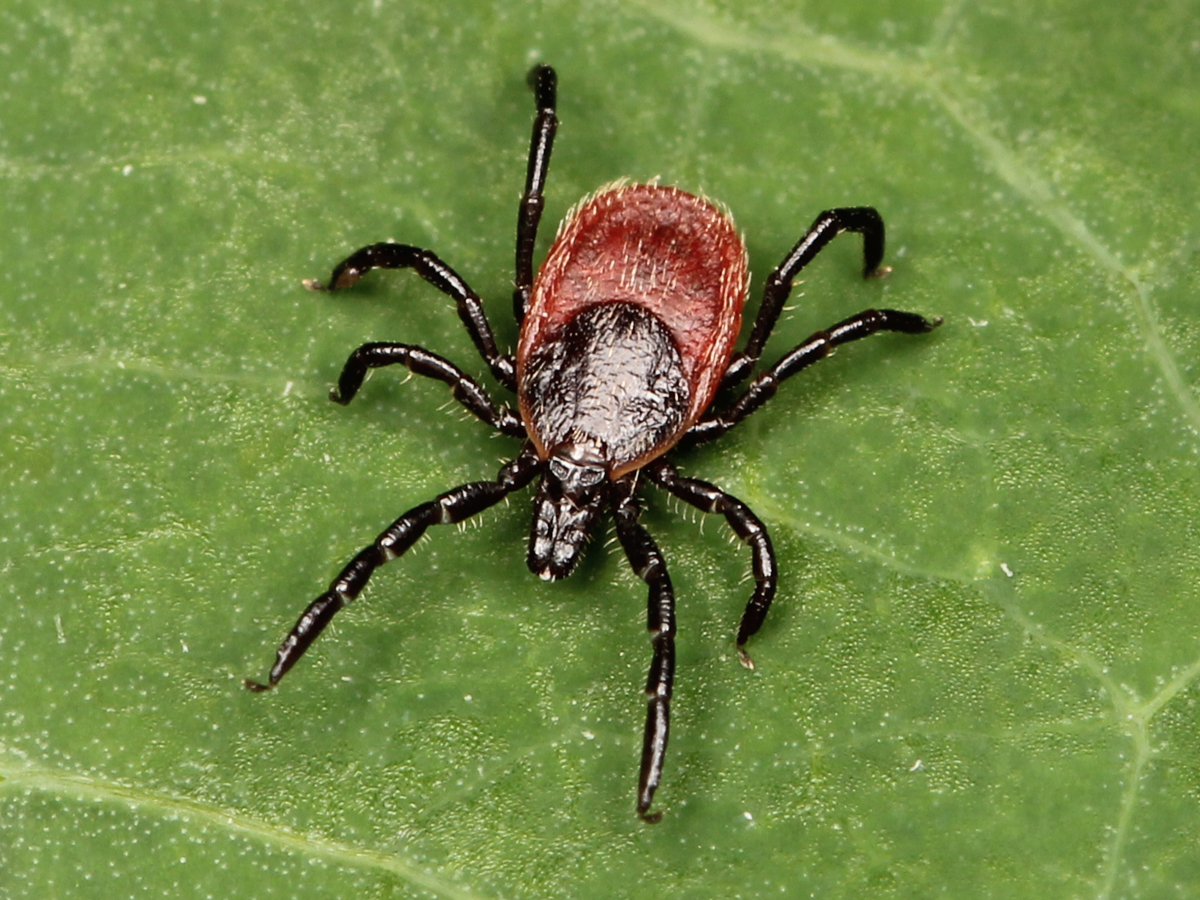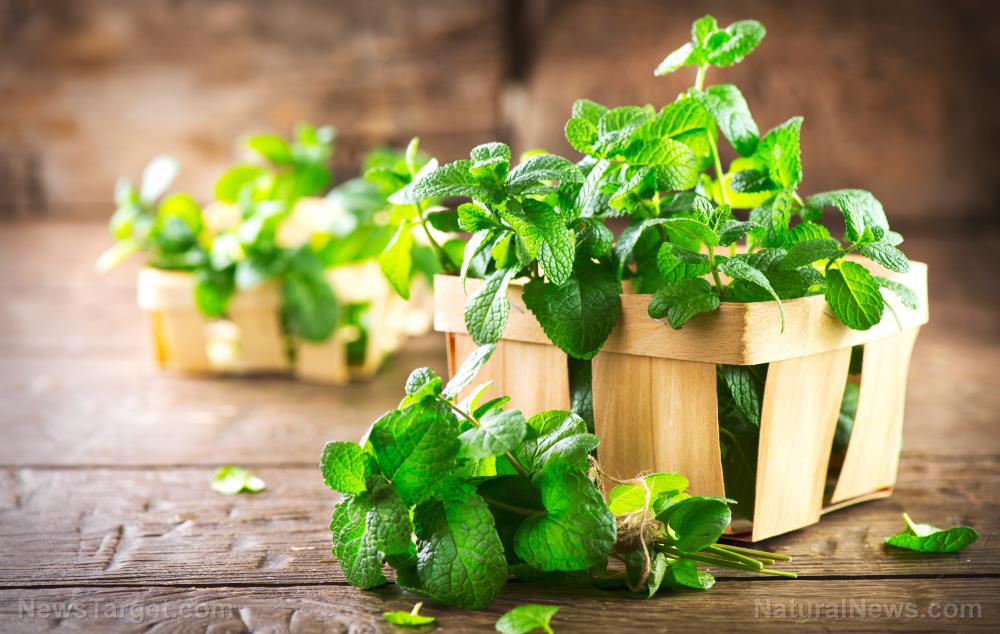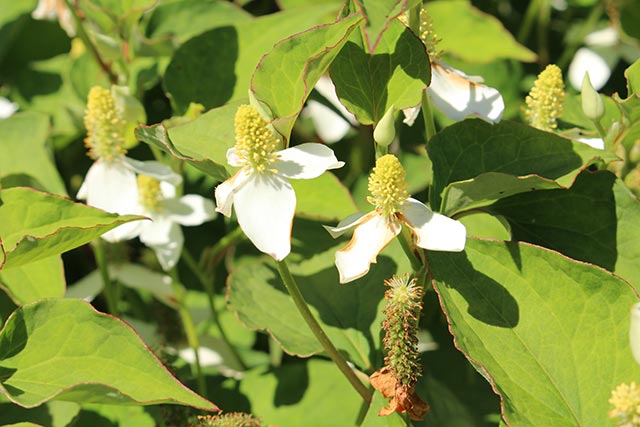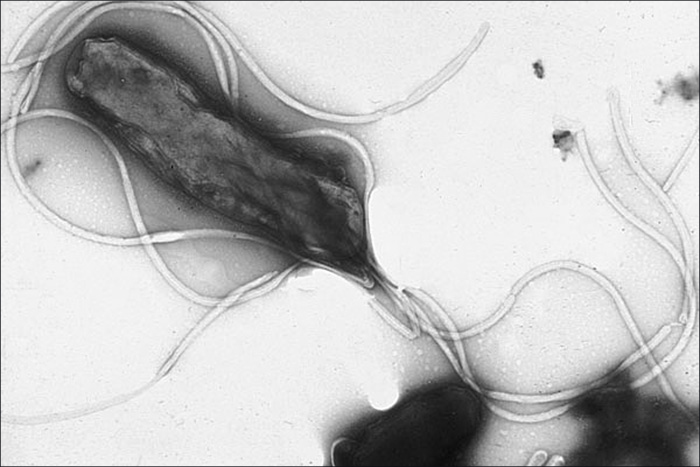Brazilian Peppertree found to disarm deadly MRSA bacteria
03/16/2019 / By Amy Goodrich
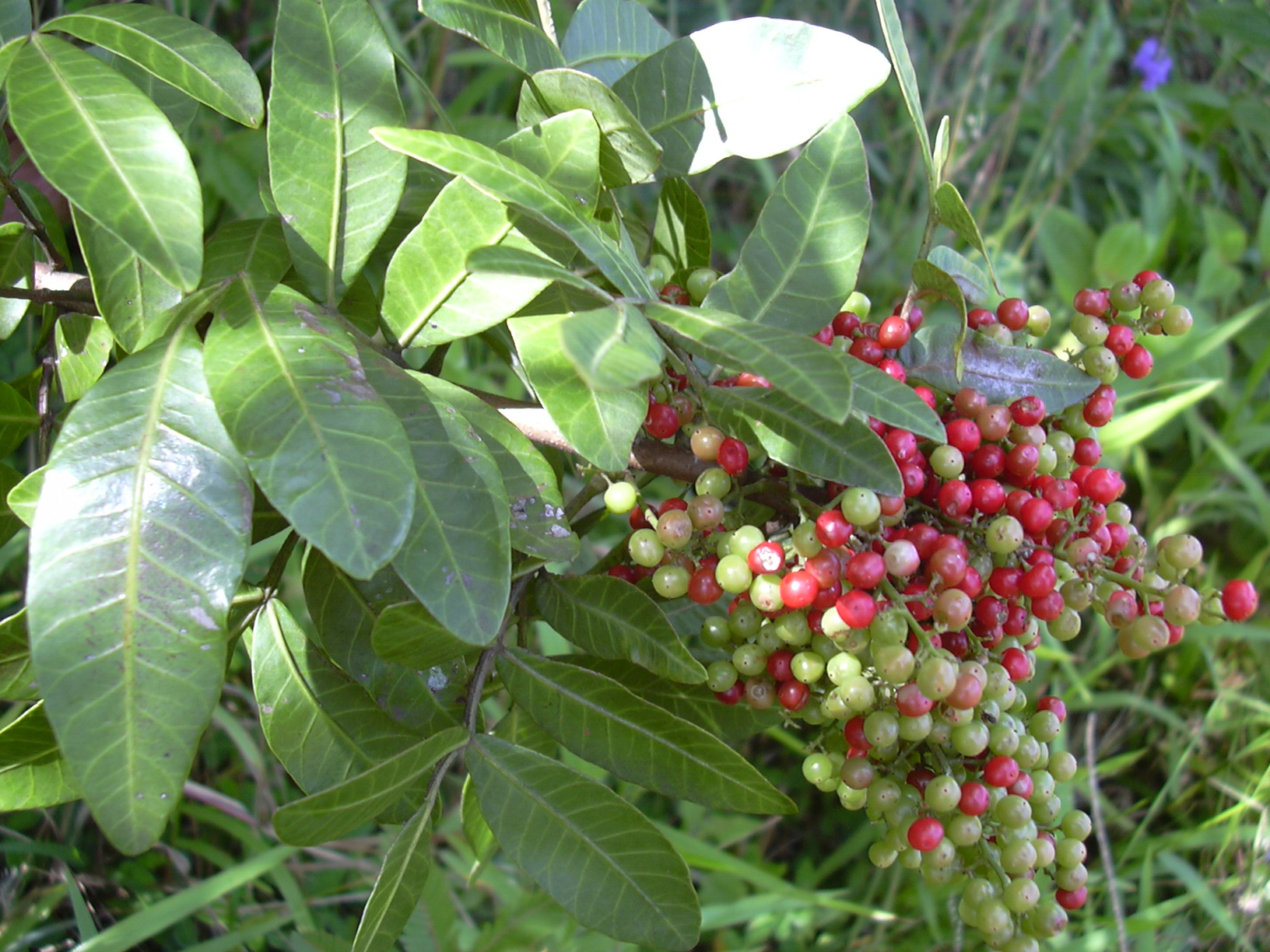
Tropical rainforests such as the South-American Amazon are the world’s most precious medicine cabinets. Today, more than 120 commonly used prescription drugs are derived directly from rainforest plants. As antibiotics start to fail, widespread antibiotic resistance is becoming a real thing. Now more than ever, people are returning to nature to find answers to combat their modern health issues.
Currently, only a tiny number of the plants in our tropical rainforests have been tested for their medicinal purposes. With modern medicine repeatedly failing, our rainforests may be the last places to look for life-saving drugs that actually work.
Methicillin-resistant Staphylococcus aureus (MRSA) is one of the major superbug threats our world is facing today. Commonly found in hospitals or nursing homes, MRSA is resistant to many of the last-resort antibiotics. If not treated quickly, MRSA infections can be fatal. In fact, of the 80,000 aggressive MRSA infections that occur in the U.S. each year, 11,000 patients do not survive the infection, according to estimates from the U.S. Centers for Disease Control and Prevention (CDC).
American researchers from Emory University may have discovered a new weapon to fight this deadly disease. Inspired by healers in the Amazon rainforest who have been using Brazilian Peppertree berries to treat wounds and infections for ages, they found that Peppertree berry extracts may prove to be very useful in the treatment of lethal MRSA infections.
The Brazilian Peppertree is a small shrub-like tree native to Brazil, Paraguay and Argentina. It is considered a highly invasive species in the southern United States. The Emory University researchers, however, may have found a way to put this noxious weed to good use.
Disarming the MRSA bacteria
Professor Cassandra Quave, senior author and ethnobotanist at Emory University, explained that instead of killing the MRSA bacteria, a flavone-rich compound extracted from the berries was found to repress a gene that allows bacteria to communicate with each other and take collective actions. Interrupting this mechanism, known as quorum quenching, makes it easier for the body to fight off the MRSA infection.
Quave, who investigates how indigenous people incorporate plants in healing practices to find promising candidates for new drugs, noted that the Brazilian Peppertree is not some exotic and rare plant; it’s a very common weed. Furthermore, Quave said that from an ecological standpoint, it makes sense that weeds would have interesting chemistry because of their advantage to fight diseases and spread more easily through the ecosystem.
For their study, the research team tested a flavone-rich compound found in the berries of the Peppertree on mice with MRSA skin infections. In MRSA-infected mice, the extract inhibited the formation of skin lesions without causing damage to the skin or the normal, healthy bacteria living on it.
“It essentially disarms the MRSA bacteria, preventing it from excreting the toxins it uses as weapons to damage tissues,” Quave said. “The body’s normal immune system then stands a better chance of healing a wound,” she added.
Since they also tested the technique (known as the anti-virulence method) on lab-grown human skin cells without any visible side effects, the researchers are hopeful that Peppertree berry extracts may add some weight to the current antibiotic resistance fight.
While Quave said that in some cases heavy antibiotic treatments will remain inevitable to save a patient’s life, she believes anti-virulence methods may be just as effective to restoring health. However, she added that more research is needed to find out how to use anti-virulence therapeutics to improve a patient’s outcome.
Read NaturalAntibiotics.news for more news coverage of natural solutions against superbugs.
Sources include:
Tagged Under: antibiotic resistance, antibiotic-resistant bacteria, Antibiotics, Brazilian Peppertree, Methicillin-resistant Staphylococcus aureus, mrsa, natural antibiotics, natural cures, natural medicine, natural remedies, plantmedicine, remedies, superbug










